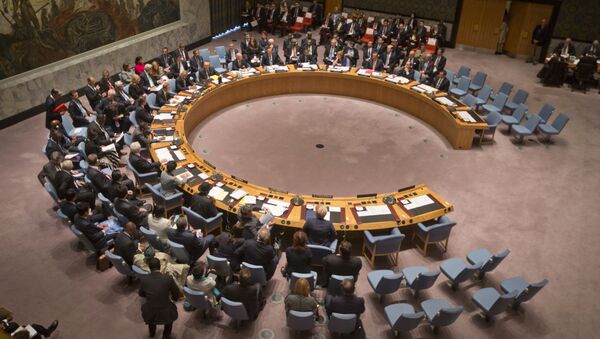"It was very disappointing and regrettable <…> and will unfortunately affect relations with Palestine and the Arab world," Izzat Abdulhadi, chief of the Palestinian delegation to Australia and New Zealand, was quoted as saying by Guardian Australia. "It's really very disappointing and I can't understand why the decision was taken. We don't know what the reasons are for this."
Abdulhadi also said that Australia's stance on the protracted conflict had shifted, noting that by casting a "no" vote, the country made this position clear.
"There is a policy shift in Australia's voting position, as represented with the East Jerusalem issue. I hope there will be a discussion with Australia on the issue and an opportunity for engagement with the foreign minister," Abdulhadi said.
The Palestinian resolution failed to be passed by the UN Security Council on Tuesday. The resolution called for East Jerusalem to be designated the capital of an independent Palestine, the withdrawal of Israeli forces from the West Bank and the removal by the end of 2017 of the settlements Israel constructed after the Six-Day War in 1967.
The resolution was rejected with eight votes in favor, two against, and five abstentions. The United States, which is a permanent member of the Security Council along with China, France, Russia and the United Kingdom, cast a "no" vote. To pass, a resolution needs a minimum of nine votes in favor, provided no permanent member of the Security Council vetoes it.



